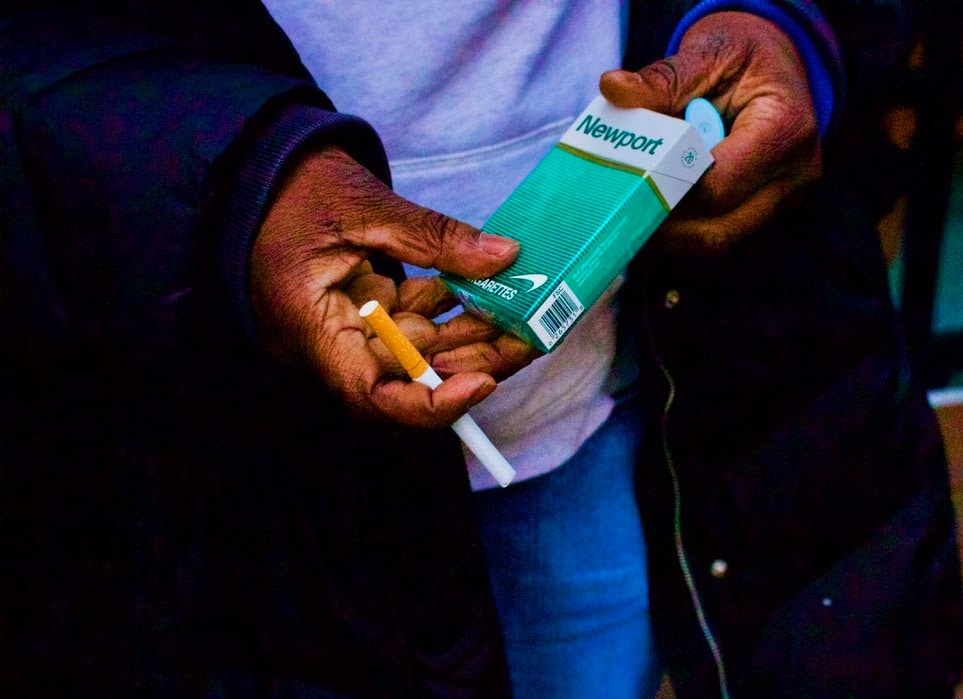

Cigarette smoking among people who use illicit drugs doesn’t receive much attention, despite the fact that this population has some of the highest smoking rates. That’s why it’s particularly important that the Urban Survivors Union (USU), a national drug-user union, is hosting a public, online meeting to discuss tobacco harm reduction.
“As a community organization set on helping individuals understand the true meaning of harm reduction and the many different aspects of it, we are committed to working with people who use drugs and decreasing the harms associated with combustible tobacco,” Robert Suarez, a veteran drug-user activist and USU’s national coordinator, told Filter. “Vaping is a step towards doing less harm.”
Researchers have found that more than half of people with a substance use disorder (SUD)—56 percent—reported cigarette use in the past month, compared with 18 percent of people without SUD. While smoking has declined in the US for the past several decades, since 2002 the prevalence of smoking has increased significantly among people who use illicit substances, including heroin, other sedatives and stimulants. A majority of people who smoke long-term die of smoking-related causes.
This hasn’t gone unnoticed by harm reductionists. “Among the thousands of people I have met who inject drugs, essentially everyone smokes cigarettes,” Canadian epidemiologist and safe-supply pioneer Dr. Mark Tyndall told the Global Forum on Nicotine last year. “For them, nicotine was a way to fill the time and calm the nerves in between fixes. However, at the same time, it was painfully obvious that cigarettes were killing people—more than HIV, more than hepatitis C, and even more than the catastrophic overdose epidemic that has been sweeping through North America.”
However, some harm reduction programs disappointingly exclude tobacco harm reduction (THR)—a situation that others in the movement are seeking to address.
Many people who use drugs have tried nicotine replacement therapy like patches, gum or inhalers, but the success rate is only around 7 percent. Vaping nicotine is a game-changer, with a much higher success rate for helping people quit cigarettes.
A strategy to integrate THR into service provision for people who use drugs is urgently needed. Why not provide an e-cigarette along with a sterile syringe? Both significantly reduce harm. To that end, the Urban Survivors Union is hosting a national call to discuss smoking, vaping and drug-user health. Suarez, THR advocate and vape shop owner Spike Babaian and I will be among the speakers.
You can join the call at 9 pm eastern on Tuesday, December 7, using the details below:
Top photograph by Helen Redmond
The Influence Foundation, which operates Filter, has received scholarships and donations from Knowledge Action Change, which organizes the Global Forum on Nicotine. USU has also received a scholarship from KAC.